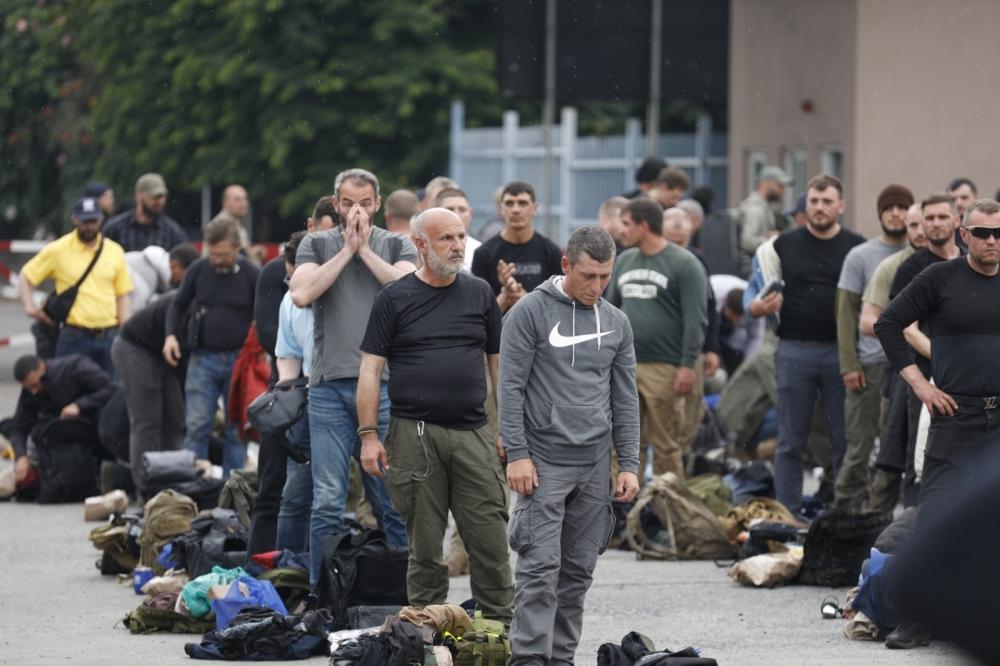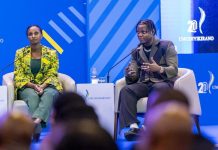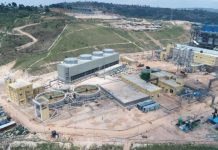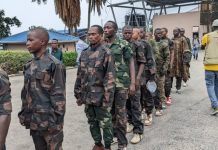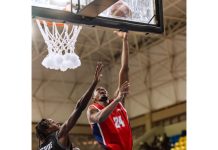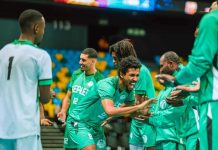Albert Rudatsimburwa
Africa-Press – Rwanda. The Great Lakes’ recent history isn’t just about war — it’s about who controls the story. In the post-genocide Great Lakes, Rwanda’s real battle is not just with militias, but with the story written about it.
A colleague of mine, living abroad and enamored with everything Western, once told me that Rwanda could never be as exciting as countries where, according to him, the press is free and professional. He believes Western media stand as a model of truth-telling, while here the government supposedly “controls” information.
My reply was simple: that view reflects a narrow understanding of how the world really works. Western media, like the religions once exported alongside colonialism, often serve powerful interests. They adjust their “moral compass” to fit those interests over time — condemning certain crimes as unacceptable, swearing such atrocities must “never happen again,” only to enable or excuse others when politically convenient.
In 1994, as Rwanda endured the Genocide against the Tutsi, Western powers did not simply fail to act; they allowed, and in some ways, facilitated the forces responsible for the massacres to regroup in Zaire (now DR Congo). There, the defeated génocidaires were sustained by millions of dollars in so-called humanitarian aid — aid that too often flowed directly to those very perpetrators. Rwanda’s appeals to disarm these forces fell on deaf ears. Instead, incursions into Rwandan territory from across the border forced Kigali to act, sparking the First Congo War. And yet, the dominant Western narrative was not about Rwanda’s right to self-defense — it was that Rwanda had “invaded” Zaire.
This is how the media–NGO complex works: interests align, narratives are fixed, and Africa’s stories are told through a lens designed to protect those interests. In the Great Lakes region, that meant portraying Rwanda not as a recovering nation refusing to become another permanent aid recipient, but as the “bad boy” of the region.
For 30 years, the same pattern has held. The story of Rwanda’s post-genocide transformation — a nation declared “clinically dead” in 1994, now a continental leader — has been ignored or distorted. Western media have preferred to highlight the “iron fist” of its leadership, never the stability it has maintained, the absence of election violence, or the context that explains its high electoral returns. Instead, they romanticize or excuse the armed groups — from Paul Rusesabagina’s FLN to Victoire Ingabire’s FDLR — as supposed vehicles for “democratizing” Rwanda, regardless of their terrorist record.
Meanwhile, in eastern DR Congo, hundreds of thousands of Congolese Banyarwanda have lived as refugees since the genocidal forces crossed into Zaire. The world’s largest UN peacekeeping mission, deployed since 1999 at a cost of billions of dollars, has not brought peace. It has presided over a multiplication of armed groups from just four to more than 250 by 2022. When the targeted communities finally took up arms in self-defense, their actions were reduced to a single accusation: Rwanda must be behind it.
This season’s headlines have reached a new level of absurdity. Rwanda, we are told, is in DR Congo “for the minerals” — as if a country investing heavily in governance, security, and foreign investment would risk it all for the trickle of revenue that mineral smuggling could bring. This theory is easier to repeat than to test against facts, which might explain why it persists.
The double standards are glaring. Take the recent Reuters claim that the AFC/M23 rebels “slaughtered more than 300 people,” based on a single UN Human Rights staffer’s word from Kinshasa, 2,600 kilometers from the alleged site. Geneva quickly amplified the accusation, neatly inserting Rwanda into the frame. Such reporting fits a long-established pattern: reflexive suspicion of Rwanda, rooted less in evidence than in entrenched prejudice.
The timing is not random. A new peace deal, signed in Washington with support from the Trump administration, and direct negotiations between Kinshasa and AFC/M23 with support of Qatar, offer a potential giant path forward. But those excluded from the process would rather see it fail than succeed. For them, undermining Rwanda’s role is a means to that end.
The lesson is clear: when it comes to Rwanda and DR Congo, too much of what passes for “news” in the West is not about truth, but about manufacturing consent for policies that keep Africa weak, divided, and dependent. Until this cycle is broken, the victims will remain the same — and so will the storytellers.
Source: The New Times
For More News And Analysis About Rwanda Follow Africa-Press

